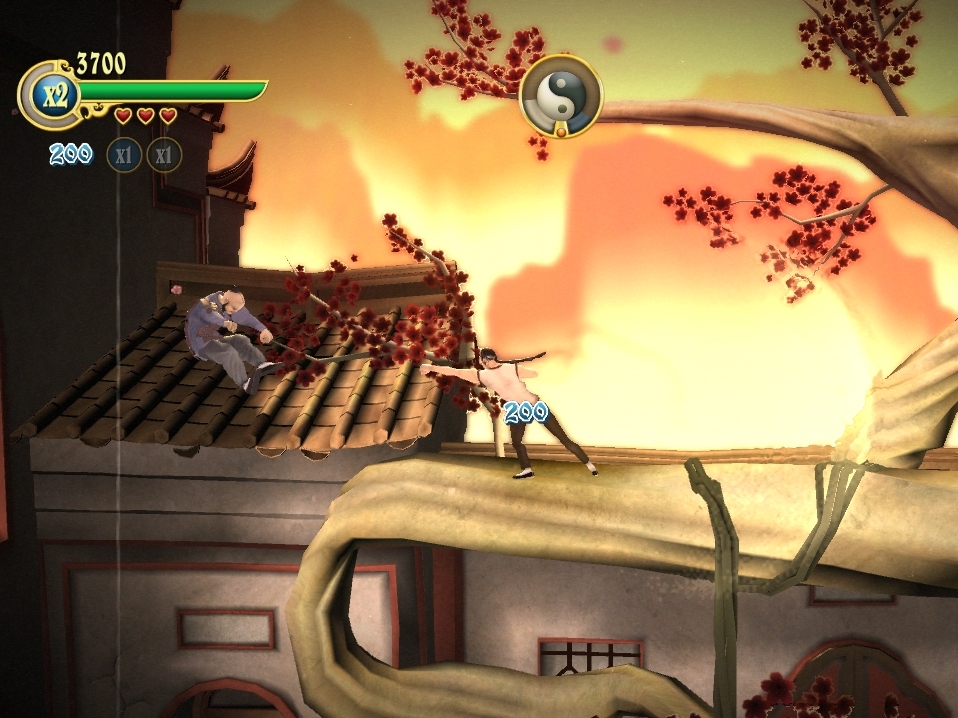GDC debrief: do gamers need to grow up?
Stunted adolescents stuck in 'guy culture' embrace a 3D future

This year's Games Developers Conference (GDC) in San Francisco has now drawn to a close, leaving games developers, publishers and journalists with a number of interesting new games and gaming tech developments to ponder, discuss and digest back in the relative safety of their home studios, offices and newsrooms.
Aside from Nintendo's shock announcement of a new Zelda title for the DS, perhaps the two biggest tech stories to come out of GDC were the emergence of potentially market disrupting game streaming services (such as those systems from OnLive and Playcast) and the increasing likelihood that we are soon to see commercially available 'proper 3D' games (from the likes of major publishers such as
, for example) later in 2009.
Proper ungimmicky 3D games seem so close, in fact, that we feel we can nearly touch them. Now all we need is to invest in one of those costly 3D-enabled TVs, of course...
Is game streaming close?
In recent weeks, TechRadar has been treated to in-depth demos of Blitz Games's latest 3D tech (the UK-based developers of the above-mentioned Invincible Tiger for Namco) and set-top box game streaming tech from Playcast Media and we have to admit to having been mightily impressed with both.
Get daily insight, inspiration and deals in your inbox
Sign up for breaking news, reviews, opinion, top tech deals, and more.
OnLive-style streaming services – which claim to offer the equivalent gaming experience of a high-end PC or next-gen console experience to users, without the user having to own either of those (expensive) devices in their own home – already has its tech critics, such as Eurogamer's Richard Leadbetter who writes:
"Factor in thousands more users, orders of magnitude more traffic at the datacenters, and all the vagaries and unreliability of the average internet connection and actual real-life performance must surely be in question.
"Much as we all want this to be brilliant, the fact of the matter is that even a Skype call over the internet is prone to failing badly at any given point, so the chances are that the far more ambitious OnLive is going to have its fair share of very tangible issues. Picture quality will be immensely variable and lag will remain an issue - but for the less discerning gamer, maybe - just maybe - it will work well enough."
Are gamers stunted adolescents?
Elsewhere at GDC, mainstream US journalist Heather Chaplin – who reports on gaming for US National Public Radio (amongst others) and co-authored the 2005 book Smartbomb (alongside GameCulture editor Aaron Ruby) - posed the question – do gamers and games developers need to grow up a little?
Chaplin reprimanded the games developers present, claiming that it was time to grow up and to stop being "mired deeply in 'guy culture," adding that they were "a bunch of stunted adolescents."
Games, she continued, tend to avoid all that grown-up stuff that adolescents hate – "responsibility, introspection, intimacy, and intellectual discovery" – in preference for the "power fantasies" of the top-selling titles such as Cliffy B's Gears of War and its ilk.
Which, Chaplin argues: "When you're talking about culture-makers… is a problem."
What do you think? Does she have a point? MTV's Stephen Totillo notes that "at the same age of their medium," according to Chaplin, "movies had Fritz Lang and were on the verge of Citizen Kane. Rock'n'roll had Bob Dylan and the Beatles."
Is it time games developers started thinking a little higher than blasting zombies and muscle-bound aliens? Or has Chaplin created herself a useful straw-man to burn down with her argument that gaming is still an overtly male-dominated world of teenage obsessions?
